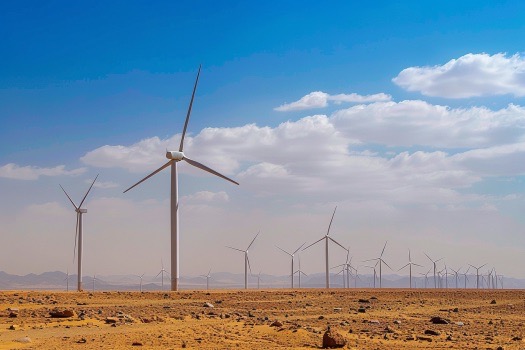GLOBAL TIME SHIFT: EARTH TO LOSE A SECOND
In a world where time is of the essence, a startling revelation looms – the Earth is set to lose a second in the near future. This seismic shift, influenced by human activity and the effects of melting polar ice, is reshaping the very fabric of time itself.
The intricate dance of the Earth’s rotation dictates the passage of hours and minutes that govern our daily lives. Yet, this rotation is not fixed; subtle changes occur based on the happenings on the Earth’s surface and in its molten core.
These minute alterations occasionally necessitate the addition of a “leap second” to our clocks, a seemingly insignificant adjustment that can have profound implications for computing systems.
While numerous seconds have been added over time, a new era is dawning as the Earth’s rotation, previously slowing, is now accelerating due to core changes. This unprecedented shift requires the subtraction of a second, a phenomenon never before tested.
According to a recent study published in Nature, the timing of this event is being shaped by global warming. The melting polar ice is causing a delay in the leap second, pushing it from 2026 to 2029.
“Understanding the impact of global warming is crucial in forecasting the future of global timekeeping,” explained Duncan Agnew, professor of geophysics at the University of California San Diego.
As we delve into the intricacies of timekeeping, the convergence of the Earth’s rotation with atomic clocks marked a significant shift in defining a second. The adoption of Coordinated Universal Time (UTC) in the late 1960s further revolutionized time measurement.
However, as the Earth’s rotation fluctuates, necessitating periodic “leap seconds” to realign with atomic time, new factors have come into play. The friction of tides and the impacts of melting polar ice, exacerbated by human activities, are now driving changes in the Earth’s rotation.
While the melting ice exerts a decelerating effect on the Earth’s spin, processes within the core present another layer of complexity. The core’s independent rotation affects the Earth’s outer shell, leading to the current acceleration in rotation speed.
Despite the slowing influence of polar ice melt, the Earth’s overall rotation is on a trajectory towards speeding up. This impending change signals the need to subtract a second for the first time, posing challenges for precision-dependent systems.
“The implications of removing a leap second are far-reaching, especially for systems requiring microsecond accuracy,” noted Agnew.
Amidst these revelations, the study underscores the profound impact of Earth’s core changes, surpassing the trends of polar ice loss in recent years. While the implications are significant for certain computer applications, the average person may not notice a drastic shift in their daily routines.
As humanity grapples with the implications of these findings, the interconnectedness of human activity and planetary changes becomes starkly evident. The Earth’s evolving rotation serves as a poignant reminder of our collective impact on the world we inhabit.



